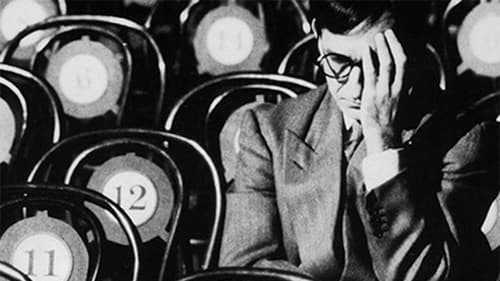
Executive Producer
Nobel Lecture delivered on video by the 2005 Nobel Laureate in Literature Harold Pinter (1930–2008), who was at the time hospitalised and unable to travel to Stockholm to deliver it in person.

Producer
Aleksandr Ivanovich Medvedkin fue un cineasta ruso nacido en 1900. A los 17 años, fue testigo de la Revolución bolchevique; a los 20 participó en la Guerra Civil, dentro del Ejército Rojo junto a Isaac Babel; a los 38 vivió las purgas estalinistas, y vio cómo su mejor película, "La felicidad", era condenada por reflejar influencias de Bujarin; con 41 años, luchó en primera línea en la II Guerra Mundial, cámara en mano; y murió, en 1989, en plena "perestroika", convencido de que el comunismo, al que él había consagrado su vida, alcanzaba, por fin, su culminación.

Producer
The story of the great Soviet composer Dmitri Shostakovich (1906-1975) and his life and career during the rule of Stalin.

Writer
Adapted and directed by Peter Brook from the Royal Shakespeare Company’s ‘production-in-progress US’, this long-unseen agitprop drama-doc – shot in London in 1967 and released only briefly in the UK and New York at the height of the Vietnam War – remains both thought-provoking and disturbing. A theatrical and cinematic social comment on US intervention in Vietnam, Brook’s film also reveals a 1960s London where art, theatre and political protest actively collude and where a young Glenda Jackson and RSC icons such as Peggy Ashcroft and Paul Scofield feature prominently on the front line. Multi-layered scenarios staged by Brook combine with newsreel footage, demonstrations, satirical songs and skits to illustrate the intensity of anti-war opinion within London’s artistic and intellectual community.

A documentary following US, Peter Brook's experimental play about the moral issues surrounding the Vietnam War, Benefit of the Doubt is the only known film record of the Royal Shakespeare Company production. It was filmed by Peter Whitehead concurrently with his Tonite Let's All Make Love in London (1967), on the surface a very different film, yet both share a central concern with the war, protest and Britain's political and cultural relationship with America.




